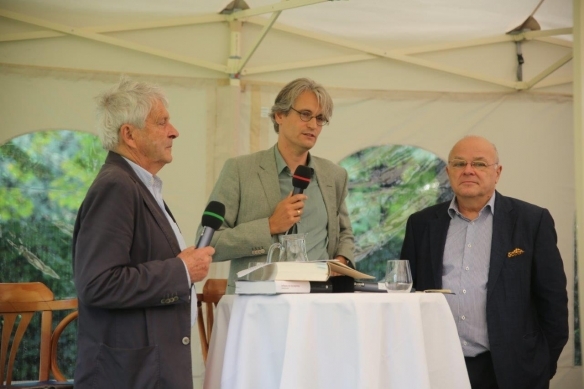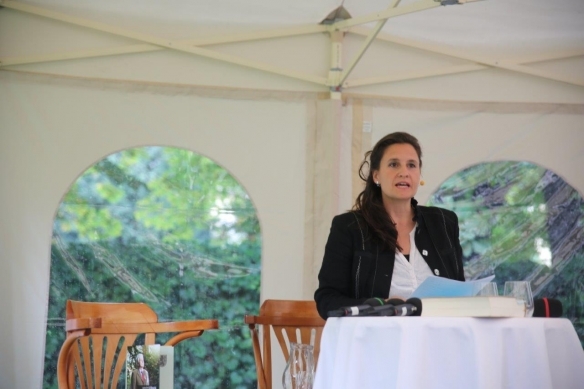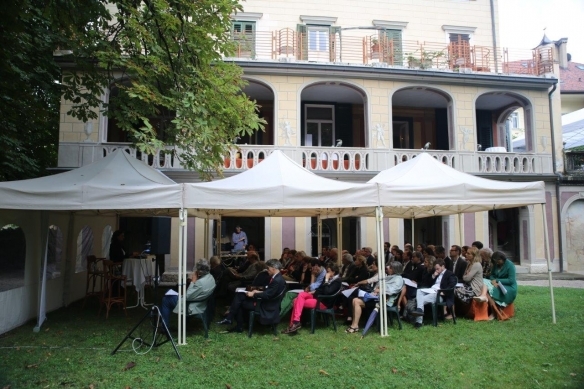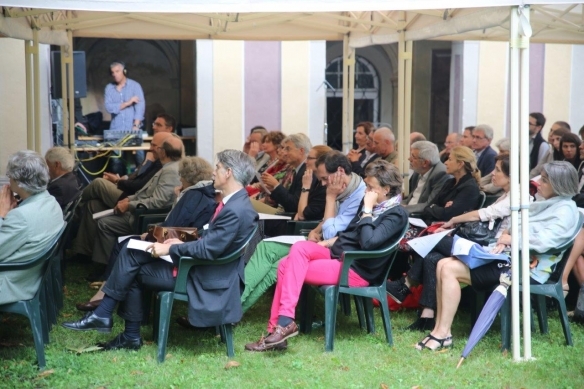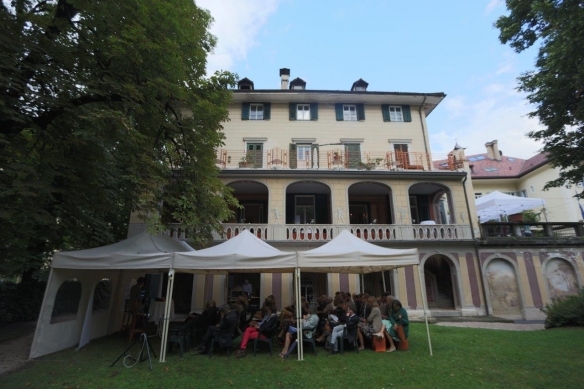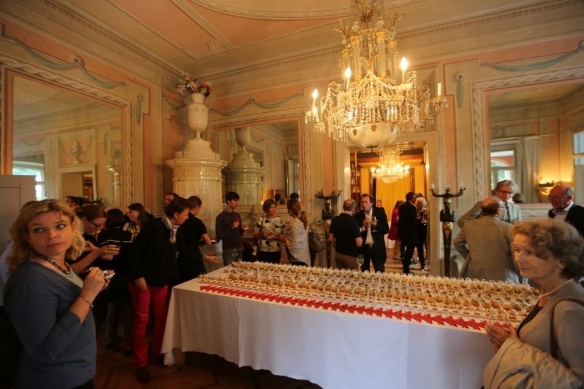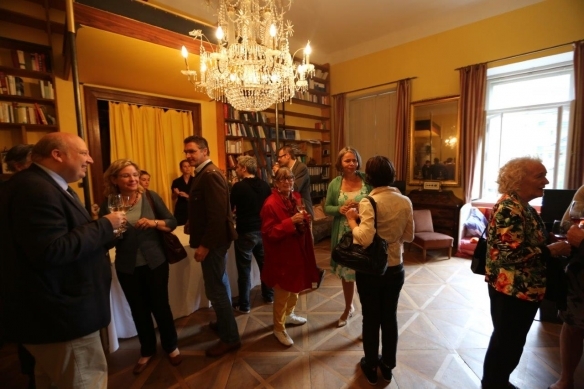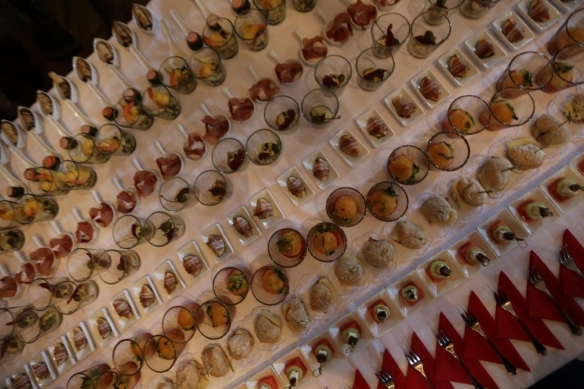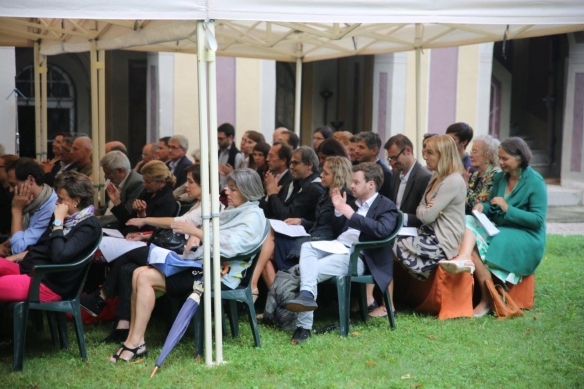Debates
100 YEARS AFTER ARCHDUKE FRANZ-FERDINAND WAS KILLED: WHERE DO EUROPE AND THE WESTERN BALKANS STAND?
The shots that killed Franz Ferdinand - heir to the throne of the Habsburg empire - stand for the beginning of what became the First World War. Of course, the Balkan region was already before the 16 June 1914 a neuralgic centre of crisis keeping the different powers in Europe busy. In this sense the family of Habsburg-Lothringen and the area of South-Eastern Europe are two elements that stood at the very core of the world’s beginning catastrophe in 1914. 100 years later we wanted to dedicate a palaistalks to these two elements by inviting a member of the Habsburg family and one of the most renowned experts of the region to a discussion in the Palais on 13 August 2014. 70 guests participated in an intellectual journey that spanned from the question whether the reformist ideas of arch-duke Franz Ferdinand could have saved not only the Empire but also the peace, to very contemporary themes like the current situation in the Western Balkans, the crisis in the Ukraine and the parallels between 1914 and 2014. This global debate was brought down to a very hands on local level by Jutta Wieser who read in a breath-taking way from letters Tyrolean soldiers have sent to their beloved at home while fighting and dying in the war.
LINKS
- If you ask Ulrich von Habsburg-Lothringen, whether it is burdensome to be assumed – as a member of the royal family - to know history from A to Z he would promptly reply: "It is us who had designed history, so it was left to the others to study it". But in fact Ulrich is very aware of history and interested in politics. He is active in local politics for the green party. And he successfully fought against a constitutional provision in Austria which forbade members of formerly reigning families to become president of the republic of Austria (a related aspect, namely the use of aristocatic titles, was discussed before the EU Court in Luxemburg, a comment of this case can be found here). In 2010 he was running for the elections to become the president of Austria – this episode is well reflected in this video-portray. A biography about Ulrich was written in 2011 by Janko Ferk and is available here. Back in 2008 the chief of the Habsburg family, Otto von Habsburg-Lothringen has visited the Palais - a journalism prize is still carrying his name.
- Joseph Marko is the Dean of the law faculty at the university of Graz. Since 15 years he is the director of the renowned Institute for Minority Rights at the European Academy Bolzano/Bozen. As an expert for conflict resolution and minority rights he is widely recognised across Europe. His enormous expertise about South East Europe does not only stem from books: he was over years the Vice-President of the Constitutional Court of Bosnia Hercegovina. And he served in 2007 as the Senior Advisor to the EU’s Special Representative to Bosnia Hercegovina. You find more information about Joseph when clicking here.
- Jutta Wieser is the author of the audio feature „Der Heilige Krieg" forming part of the book „Kämpfen für das Heiligste: Tiroler Stimmen zum Ersten Weltkrieg". The book describes the situation in Tyrol from the beginning till the end of World War one. Special attention is given to the role of the church in influencing the popular feeling towards the war (see for more information here). Jutta has gained her remarkable presentational skills through a long career as moderator, presenter and journalist in the local media. Together with her husband Martin she is running a recording studio; the „Tonstube".


